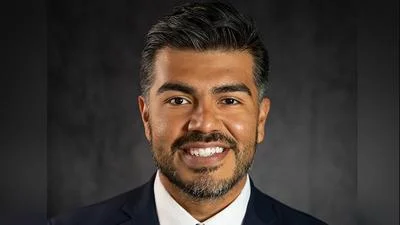It pays to be among society’s elites during the coronavirus crisis. Literally, according to a fiscal watchdog group.
All state and city of Chicago employees will receive full pay and benefits throughout the duration of the crisis, Gov. J.B. Pritzker and Chicago Mayor Lori Lightfoot have announced.
The pay policy covers those workers deemed essential and who must report for work, non-essential workers who can work from home, and those at home waiting out the crisis.
The same policy apparently extends through all levels of government in Illinois, according to Mark Glennon, founder of the fiscal watchdog group, Wirepoints, which surveyed many local governments last week.
“It’s utterly irresponsible that the city and state aren’t taking steps to conserve cash, including payroll reductions,” Glennon told Prairie State Wire. “Instead, they are holding public employees entirely harmless from any shared sacrifice whatsoever — no pay cuts and no suspension of pension benefits or accruals.”
Those in private industry, of course, have not been so fortunate. In the first week after Pritzker’s stay-at-home order 133,000 workers filed for unemployment, according to a Center Square report. The number is 10 times the number of those who filed during the same week a year ago.
Pritzker’s pay policy for state workers was buried in a March 15 news release ordering the closing of bars and restaurants, Glennon noted.
“Select employees will continue to report to work; while the remaining workforce will either work remotely or be asked to remain home on call while receiving pay,” the release said. “All state employees will continue to be paid during this period.”
A March 17 CBS Chicago report quoted Lightfoot as saying, “All city employees will continue to receive their normal pay and benefits, including health care, whether they are continuing to work from their office, from home, or if their job duties have been suspended.”
The salaries of many government employees, moreover, are much larger than the salaries of the private sector workers funding them.
Research conducted in 2016 by the Chicago Sun-Times showed that of the city’s 35,274 employees, 13,767 made $100,000 or more a year.
A 2017 report published by Forbes showed that 63,000 public employees in Illinois, a list that includes state, local and school district employees, made more than $100,000.
“It’s appropriate for properly capitalized employers to keep paying their workers, but those facing obliteration have to do what’s hard — cut pay and make layoffs,” Glennon said. “But as Paul Vallas wrote in the Tribune, elected officials and highly compensated government executives and managers should lead by example by partially abating their salaries.”





 Alerts Sign-up
Alerts Sign-up